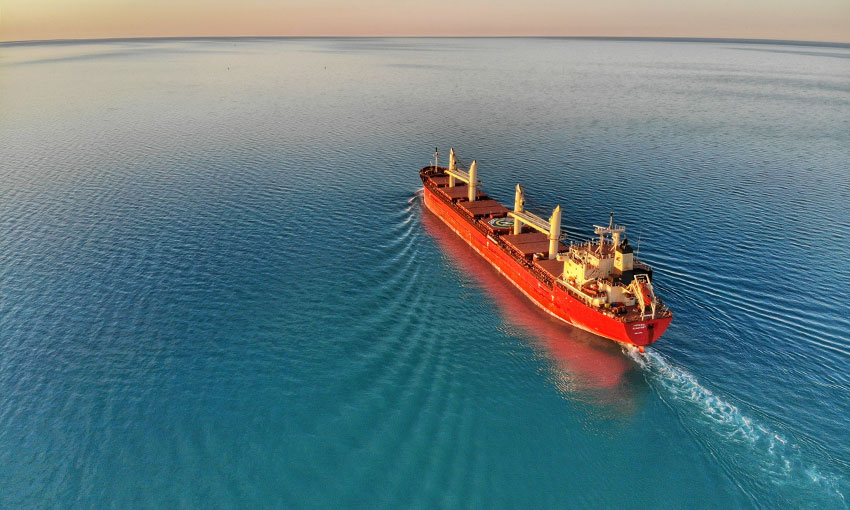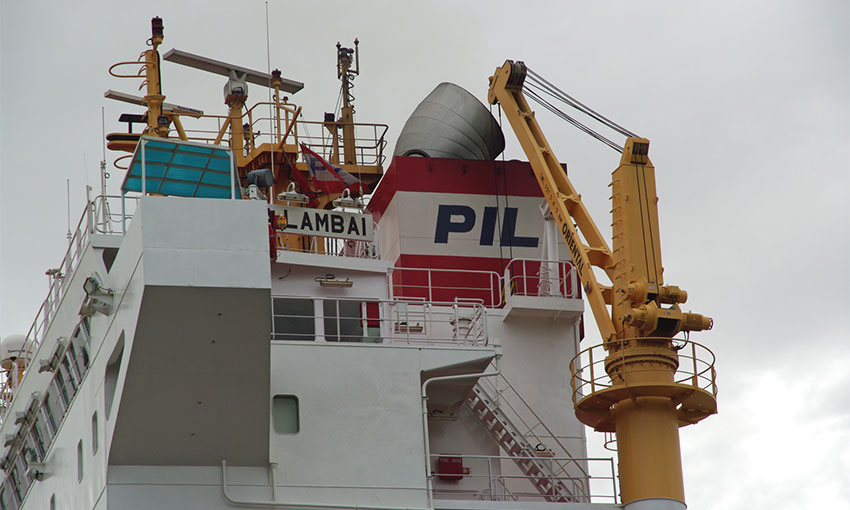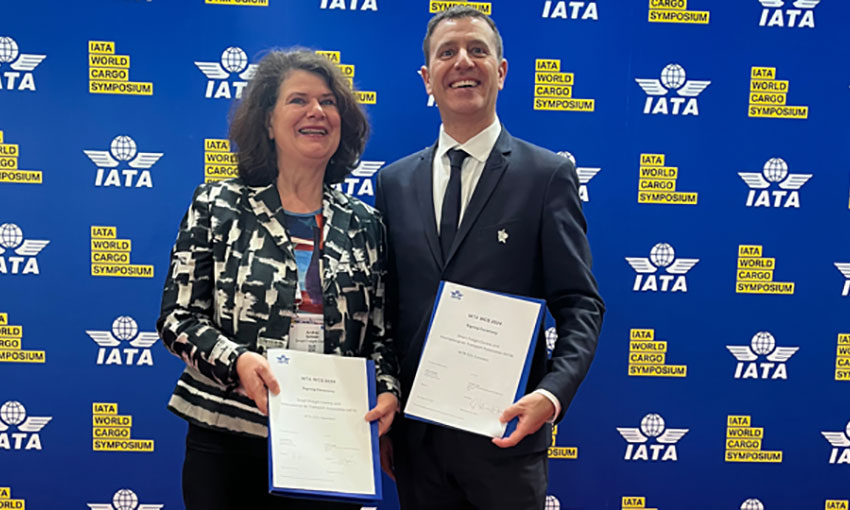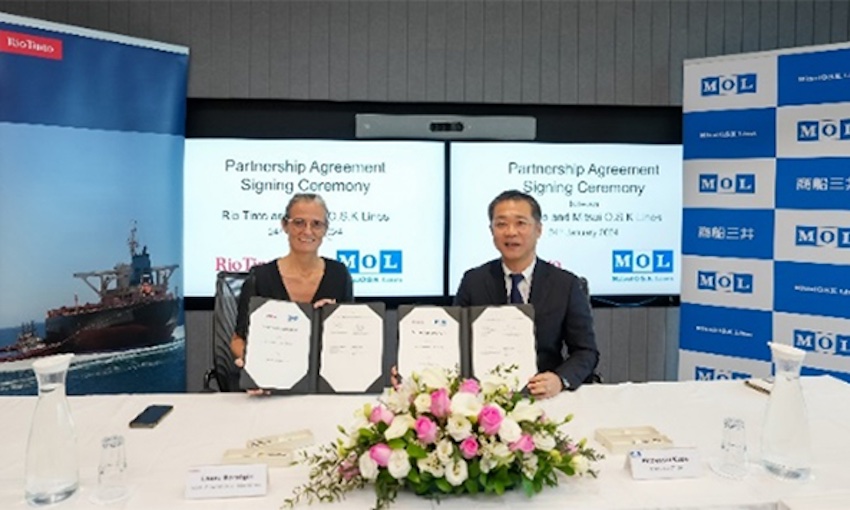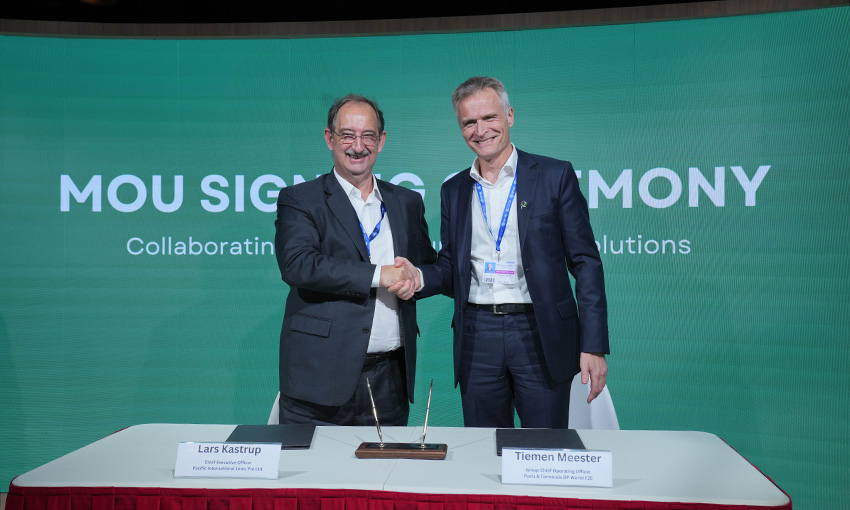MARITIME Industry Australia is set to host the inaugural MIAL Maritime Decarbonisation Summit series in Melbourne this month.
Scheduled to commence on 27 April, the summit aims to provide a platform for the industry to share technical information and build networks of stakeholders focussed on maritime decarbonisation.
The networks established aim to connect maritime industry players, new energy providers, and government agencies and departments.
The summit will enable these stakeholders to collaborate, consult, and co-ordinate strategies to ensure the maritime industry works rapidly and effectively toward decarbonisation.
It also intends to facilitate discussion around the policy mechanisms necessary to help accelerate the transition to low and zero-carbon energy.
MIAL said the pressure to decarbonise is creating a challenge for international shipping, but the pace of low-carbon technology development is accelerating rapidly internationally and within Australia.
Australia has reportedly been focussed on the natural advantage it possesses for the production and export of zero-carbon fuels, though the urgency to decarbonise the supply chain is becoming clear.
“Australia is totally reliant on international shipping for global trade and connectivity, and we have a vibrant and diverse domestic commercial vessel industry,” MIAL deputy CEO Angela Gillham said.
“There is a need to identify the areas where there is an intersection between infrastructure, relevant existing industries, potential renewable energy resources and centres of maritime activity.”
Ms Gillham said understanding these areas would enable the industry to capitalise on the natural advantages existing within Australia to produce low and zero-carbon marine fuels.
It would also support the decarbonisation of Australia’s own domestic maritime industry.
“New International Maritime Organization regulations governing the energy efficiency of international shipping are helping up the ante,” Ms Gillham said.
“However, there is also a growing desire among shipping companies and their customers to demonstrate commitment to supply chain carbon transparency,” she said.
“Along with our economy-wide net-zero by 2050 target, both factors are combining to create an urgency within Australia’s maritime industry to access technological and operational solutions.”
As such, the inaugural MIAL Maritime Decarbonisation Summit will unpack topics such as the importance of international collaboration in decarbonisation and opportunities around hydrogen-derived fuels.
It will also explore strategies to move the consumption of bioenergy in Australia’s marine industry from trialling processes to commercial viability.

